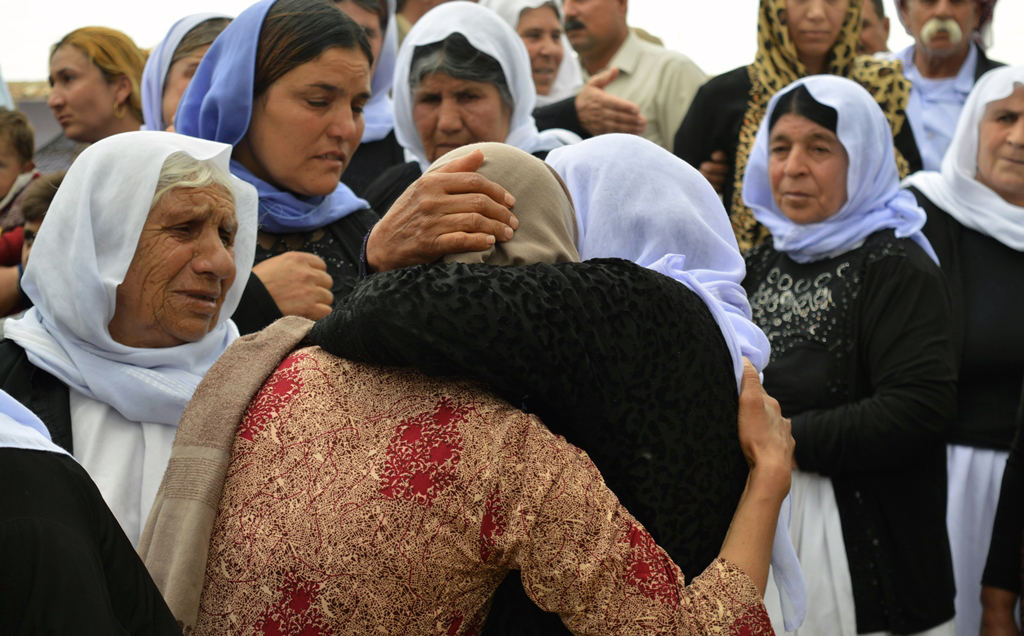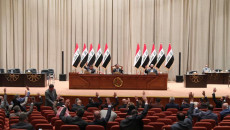The Iraqi federal government has taken the first step on the ground for implementing a law providing reparation for the Eizidi women and girls survived slavery by the extremist militants of the so-called Islamic State in Iraq and Syria ISIS.
Baghdad government has decided to initiate a new directorate for the affairs of Ezidi and other minority women survivors of ISIS captivity.
Sarab Alyas has been appointed as director general of the office under the ministry of labor and social affairs. The headquarter is expected to be located either in the city of Mosul, center of Ninewa province or the district of Shingal, home town for the Ezidi ethno-religious minority.
"The legal procedures of putting the law into practice have to be accomplished within three months, my appointment was the first step," Alyas told Kirkuknow.
Early march, Iraqi parliament ratified a law for reparation of Ezidi, Tukrmen, Christian and Shabak women survivors of Islamic State in Iraq and Syria ISIS atrocities.
The Ezidi Women Survivors' Law referred to the Iraqi parliament by the Iraqi President Barham Salih in March 2019, provides support and rehabilitation for the community, particularly the female members who escaped Islamic State abduction and slavery.
The law provides financial compensation for female and male survivors while it has not addressed other more sensitive issues, such as dealing with children who were the results of IS sexual abuse.
The law has outlined an office to be managed by an Ezidi to undertake the mission of receiving documents from the victims for the purpose of their compensation and providing a prosperous life.
"So far we have no office and we expect it to be in Mosul or Shingal. I have also asked for appointment of staff and some other necessities," Alyas said.
Alyas is optimist to financially compensate the Eizidi women suffered at the hands of IS militants via her directorate.
The bill provides Ezidi and other minority women who survived the IS massacre with financial support, health care, work opportunities, education, rehabilitation, and reconstruction in their villages and towns.
With the establishment of a special governmental department for Ezidi affairs, the bill represents the first recognition in Iraqi history of the minority as a distinct group.
Ezidis are an ethno-religious minority of about 550,000 people, mostly residing in Shingal, in northern Iraqi province of Nineveh. The militants of Daesh extremist group in 2014 attacked their communities, killing thousands of men and taking thousands of women and children, in an atrocity the U.N. said amounted to genocide.
IS reportedly used the women and girls as sex slaves. Tens of thousands of Ezidis are still living in Internally Displaced People IDP camps in Iraqi Northern Province of Duhok.
Willing survivors can resume their education overlooking age and degrees. They have the priority of employment by the state once job opportunities available.
The law identifies crimes against the women survivors as genocide locally and internationally and pledged to file lawsuits against perpetrators. The Iraqi law designated August 3rd to commemorate ISIS atrocities against the Eizidis.






